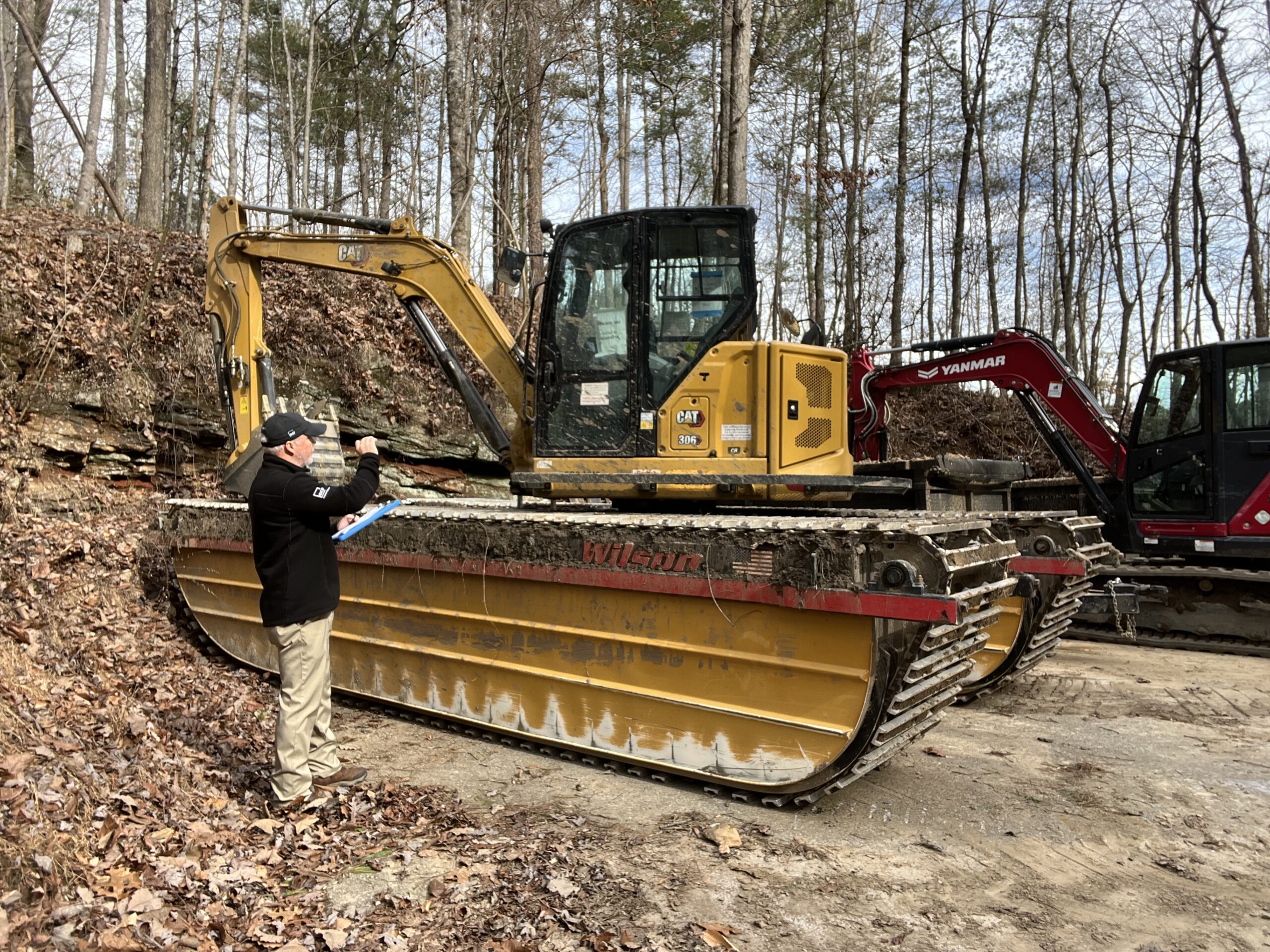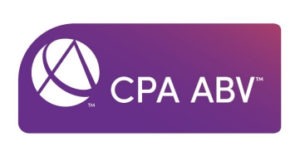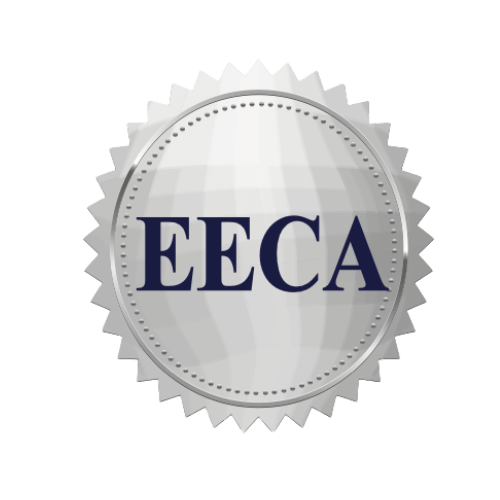Equipment Appraisal: Understanding the Process

The Process of Equipment Appraisal and Its Importance in Asset Valuation
Equipment appraisal is a critical component of asset valuation, providing an objective assessment of the value of machinery and equipment. This process is essential for various purposes such as financing, insurance, sale, and purchase transactions, tax assessments, and financial reporting. Here’s a step-by-step overview of the equipment appraisal process:
- Initial Consultation and Scope Definition: The process begins with an initial consultation to understand the purpose of the appraisal, the type of equipment, and the scope of work. This includes gathering information about the equipment’s age, condition, and usage history.
- Inspection and Data Collection: The appraiser conducts a physical inspection of the equipment to assess its condition and functionality. Data collection involves recording specifications, model numbers, serial numbers, and any relevant documentation such as maintenance records and previous valuations.
- Market Research: The appraiser researches market trends, recent sales of similar equipment, and economic factors affecting the equipment’s value. This market analysis helps in understanding the current demand and supply dynamics.
- Valuation Approaches: The appraiser employs different valuation approaches to determine the equipment’s value. These approaches include the cost approach, market approach, and income approach, which are discussed in detail below.
- Analysis and Report Preparation: The appraiser analyzes the collected data and market research to derive a final value for the equipment. A comprehensive appraisal report is then prepared, detailing the methods used, the findings, and the concluded value.
- Review and Delivery: The final step involves reviewing the appraisal report for accuracy and completeness before delivering it to the client. The report serves as a documented, credible valuation that can be used for various purposes.
Different Approaches Used in Equipment Appraisal
- Cost Approach: The cost approach estimates the value based on the current cost to replace the equipment with a new one of similar utility, minus depreciation. This method considers the equipment’s age, condition, and obsolescence.
- Market Approach: The market approach, also known as the sales comparison approach, involves comparing the subject equipment with similar items that have recently been sold in the market. This method relies on market data and trends to establish value.
- Income Approach: The income approach evaluates the equipment based on the income it generates or is expected to generate in the future. This approach is particularly useful for income-producing machinery and involves discounting future income to present value.
Tips for Ensuring an Accurate Equipment Appraisal
- Provide Complete and Accurate Information: Ensure that all relevant information about the equipment is provided to the appraiser. This includes purchase invoices, maintenance records, and any upgrades or modifications.
- Maintain Equipment Condition: Regular maintenance and proper documentation of the equipment’s condition can significantly affect its appraised value. Well-maintained equipment typically holds higher value.
- Choose a Qualified Appraiser: Select a certified and experienced appraiser with expertise in the type of equipment being appraised. Accreditation from recognized organizations like the Institute of Equipment Valuation (IEV) or the NEBB Institute ensures adherence to industry standards.
- Understand the Purpose of the Appraisal: Clearly define the purpose of the appraisal, as different purposes may require different valuation methods. Whether it’s for financial reporting, insurance, or sale, the objective impacts the appraisal approach.
- Stay Informed About Market Trends: Keep abreast of market conditions and trends that may affect equipment values. Understanding factors such as technological advancements, economic conditions, and industry-specific changes can help in anticipating value fluctuations.
By following these guidelines, small business owners and lenders can ensure a thorough and accurate equipment appraisal, supporting informed decision-making and financial planning. At GCF Valuation, we specialize in providing comprehensive and reliable equipment appraisals tailored to meet the specific needs of our clients.
Keep Learning About Business Valuations
How to Navigate The Business Valuation Process Successfully
The Great Debate: Business Valuation With or Without Inventory
What Is Business Valuation? Why & When You Need One
Our Accreditations
Your GCF Business Valuation appraisal team has one or more of the following business valuation accreditations:
 Accredited Senior Appraiser (ASA) – is recognized as having achieved the highest level of education, training, and report writing for business valuations. The ASA designation is the gold standard for a business valuation professional. (source: American Society of Appraisers)
Accredited Senior Appraiser (ASA) – is recognized as having achieved the highest level of education, training, and report writing for business valuations. The ASA designation is the gold standard for a business valuation professional. (source: American Society of Appraisers)
 Certified Business Appraiser (CBA) – a very prestigious credential in the eyes of all who are familiar with it as it earned the reputation of being a difficult credential to obtain. (source: National Association of Certified Valuators and Analysts®)
Certified Business Appraiser (CBA) – a very prestigious credential in the eyes of all who are familiar with it as it earned the reputation of being a difficult credential to obtain. (source: National Association of Certified Valuators and Analysts®)
 Certified Valuation Analyst (CVA)
Certified Valuation Analyst (CVA) Accredited in Business Valuation by the American Institute of CPAs (ABV by AICPA) – a credential granted exclusively by the AICPA to qualified valuation professionals who demonstrate expertise in valuation through knowledge, skill, experience, and adherence to professional standards. (source: American Institute of CPAs)
Accredited in Business Valuation by the American Institute of CPAs (ABV by AICPA) – a credential granted exclusively by the AICPA to qualified valuation professionals who demonstrate expertise in valuation through knowledge, skill, experience, and adherence to professional standards. (source: American Institute of CPAs)
- Accredited in Business Valuation (ABV) – credential is granted exclusively by the AICPA to CPAs and qualified valuation professionals who demonstrate considerable expertise in valuation through their knowledge, skill, experience, and adherence to professional standards. (source: American Institute of CPAs)
- Certified Public Accountant (CPA)
Over 25 years of experience and expertise in business valuations and appraisals. An accredited appraiser receives extensive training, remains in good standing, and follows specific industry practices to determine the value of a business.
GCF’s Machinery and Equipment Appraisal Accreditations
 Expert Equipment Certified Appraiser (EECA) – Our appraisers are recognized with a deep understanding of valuation principles and extensive experience by the Institute of Equipment Valuation.
Expert Equipment Certified Appraiser (EECA) – Our appraisers are recognized with a deep understanding of valuation principles and extensive experience by the Institute of Equipment Valuation.
- Certified Machinery and Equipment Appraiser (CMEA) – a CMEA professional has the expertise and certification to conduct a third party machinery and equipment appraisal.

